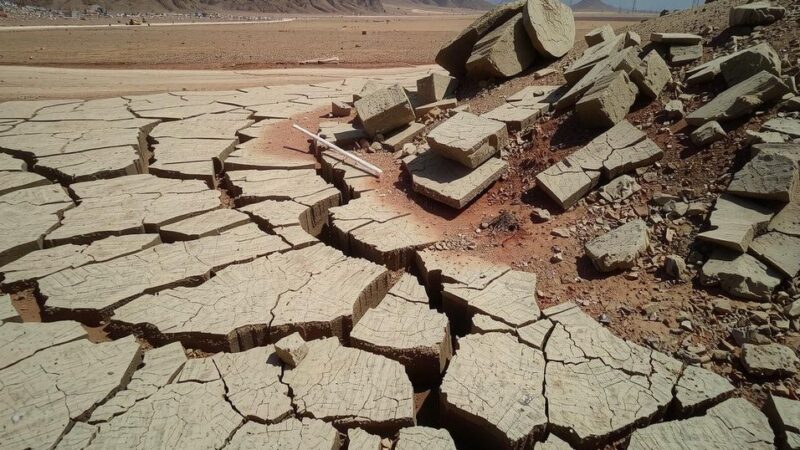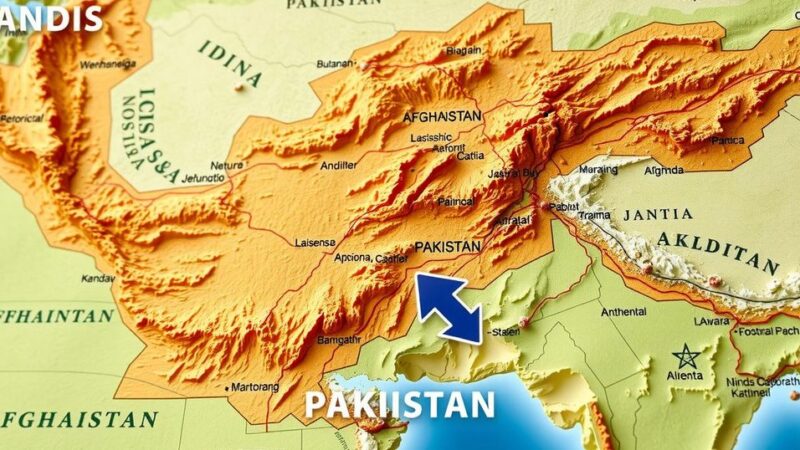January 12 has been a date of critical historical events, notably the 2010 earthquake in Haiti that resulted in over 300,000 deaths, the US Congress vote for military action against Iraq in 1991, a deadly stampede during Hajj in 2006, and the Supreme Court of India’s stay on contentious farm laws in 2021. These occurrences highlight the profound and lasting impacts of political decisions, natural catastrophes, and societal gatherings.
On January 12, a day marked by historical significance, catastrophic events have shaped the course of history across various fields. Most notably, in 2010, Haiti was struck by a powerful earthquake measuring 7.0 on the Richter scale, which devastated the nation, resulting in over 300,000 fatalities and leaving millions homeless. The tremor, centered just southwest of Port-au-Prince, was accompanied by aftershocks that further escalated the crisis, affecting approximately three million individuals, or one-third of the populace. Despite international aid efforts in the years that followed, Haiti still grapples with the lingering effects of this disaster.
In 1991, the US engaged in a crucial military action after Congress approved then-President George H.W. Bush’s call to action against Iraq for its invasion of Kuwait. The House of Representatives voted in favor of military intervention, ultimately leading to a swift and public military campaign that liberated Kuwait and significantly weakened Saddam Hussein’s regime, marking an early instance of real-time news broadcasting of warfare.
Tragedy also struck during the Hajj pilgrimage in 2006, when a stampede during the Mina stoning ritual resulted in the deaths of over 300 pilgrims in Mecca. The incident highlighted the challenges of managing large gatherings despite prior measures to enhance safety, including the deployment of thousands of security personnel and the expansion of walkway areas.
The Supreme Court of India played a pivotal role in agriculture-related protests in 2021, when it issued an interim stay on three contentious farm laws. Enacted amid widespread dissent from farmers in Punjab and Haryana, the laws aimed to modernize agricultural practices but faced significant backlash, leading to legal challenges. Chief Justice SA Bobde’s announcement of a committee to facilitate dialogue between farmers and the government aimed to restore trust and confidence among the farming community, which ultimately culminated in the repeal of these laws later that year.
January 12 has marked numerous significant events in history, symbolizing both tragedy and pivotal decisions. Among these events is the devastating earthquake that struck Haiti in 2010, which caused profound human loss and economic destruction. The date also recalls the military authorization for the first Gulf War, a major conflict between the US and Iraq, altering geopolitics in the Middle East. Furthermore, the tragic losses during the Hajj and the controversy surrounding India’s farm laws illustrate the ongoing societal challenges and transformations in global and local contexts.
The events of January 12 underscore historical moments that have far-reaching repercussions, from natural disasters resulting in loss of life and home, to military confrontations that reshape nations. The Haitian earthquake stands as a sobering reminder of nature’s impact, while the congressional vote for war illustrates significant political decisions. Meanwhile, the tragedies during Hajj remind us of the importance of safety measures at large public events, and the Supreme Court’s intervention in India highlights the evolving relationship between governance and agriculture. Collectively, these instances emphasize the complexity of human experience and societal progress across various spectrums.
Original Source: www.firstpost.com







